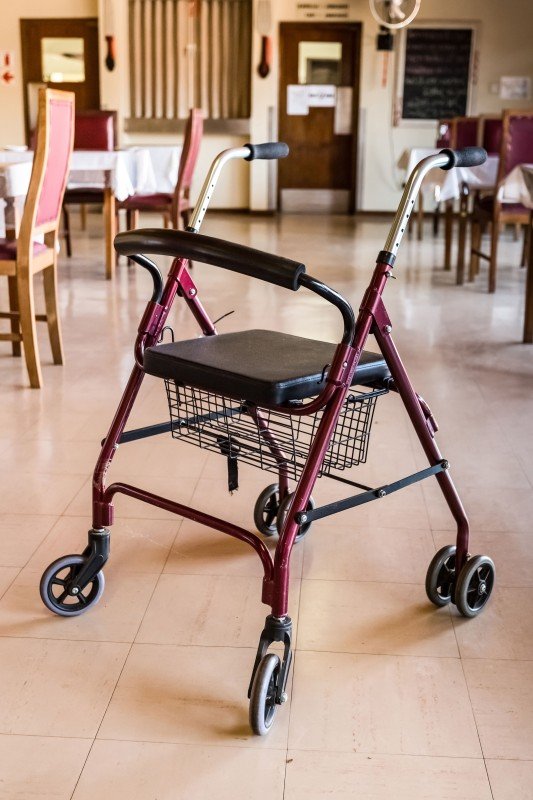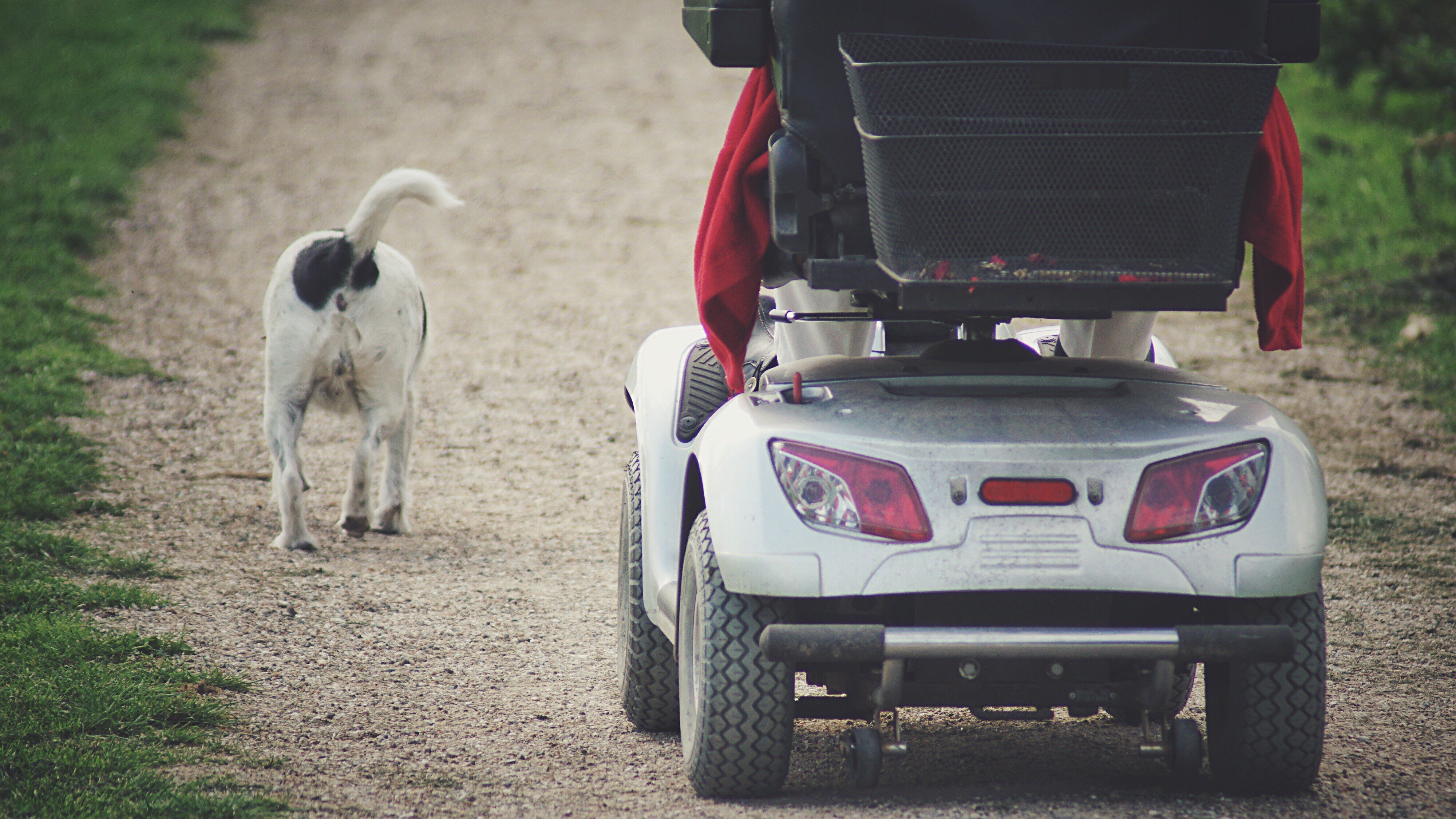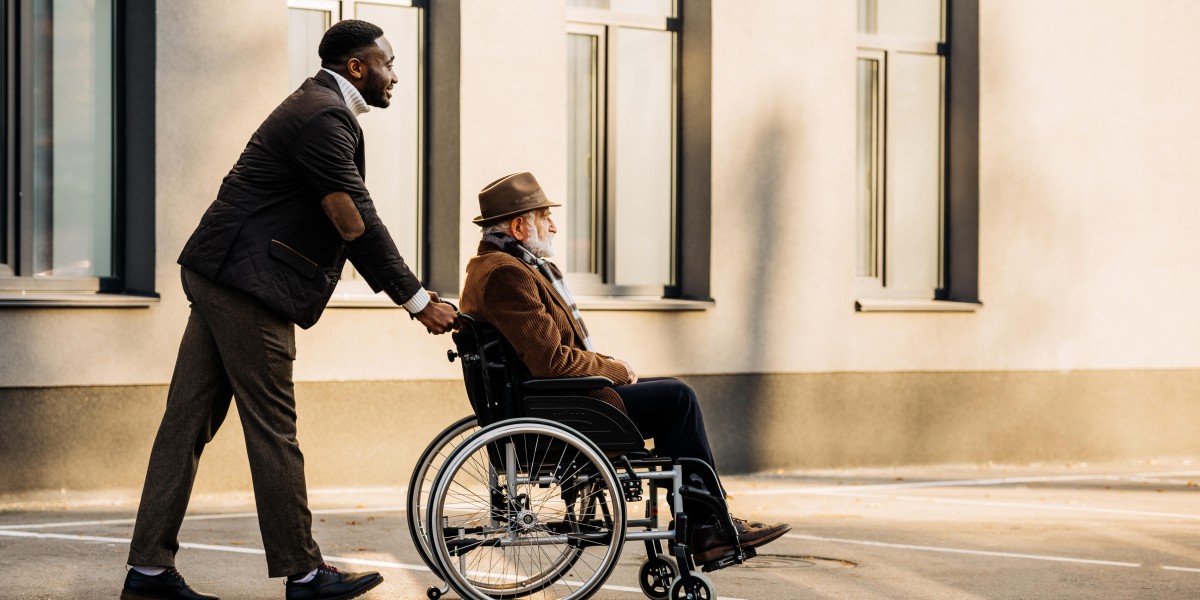Navigating the World of Mobility Scooters in the UK
Mobility scooters have actually become an important tool for lots of in the United Kingdom, providing a practical and dignified service for people with mobility problems. These scooters not only boost the lifestyle for their users but likewise offer a sense of self-reliance and freedom. This extensive guide aims to offer an introduction of mobility scooters in the UK, including their advantages, types, acquiring considerations, and maintenance pointers.

Intro to Mobility Scooters
A mobility scooter is a battery-powered automobile designed to help people with strolling troubles or minimal mobility to move more easily. Unlike manual wheelchairs, which need significant physical effort, mobility scooters are easy to operate and can be utilized both indoors and outdoors. They are particularly useful for older grownups and people with impairments, allowing them to take a trip longer ranges and browse numerous terrains with ease.
Benefits of Mobility Scooters
Self-reliance and Freedom
- Mobility scooters empower users to take a trip individually, decreasing the need for assistance from others.
- They can be utilized for day-to-day activities such as shopping, visiting buddies, or attending gatherings.
Cost-Effective
- While there are initial costs, mobility scooters can be a cost-efficient alternative to other mobility help, specifically over time.
- Many models are readily available for lease or lease, providing versatility for users with differing needs.
Comfort and Safety
- Scooters are created with ergonomic seats and adjustable features to guarantee comfort throughout extended periods of use.
- Safety functions such as lights, horns, and braking systems improve user confidence and security.
Social Inclusion
- By enabling people to get involved in community activities, mobility scooters promote social addition and reduce feelings of seclusion.
Health Benefits
- Routine use of a mobility scooter can help preserve physical health by encouraging users to remain active and engaged.
Types of Mobility Scooters
Mobility scooters in the UK can be found in different types, each developed to accommodate different needs and choices:
Class 2 Scooters (Pavement Scooters)
- Speed: Up to 4 mph
- Use: Designed for usage on pavements and within indoor areas
- Benefits: Compact and light-weight, ideal for brief distances and everyday errands
Class 3 Scooters (Road and Pavement Scooters)
- Speed: Up to 8 miles per hour on roads and 4 mph on pavements
- Usage: Suitable for longer journeys and can be utilized on both roadways and pavements
- Benefits: More robust and capable of handling different surfaces, consisting of rough surfaces and inclines
Off-Road Scooters
- Speed: Varies, but typically greater than Class 2 and Class 3 scooters
- Use: Designed for off-road usage, including parks, trails, and unequal surfaces
- Benefits: Enhanced durability and traction, suitable for daring users
Travel Mobility Scooters
- Speed: Varies, however typically approximately 4 mph
- Use: Portable and simple to take apart for transportation
- Advantages: Perfect for users who take a trip frequently and need a portable option
Buying Considerations
When buying a mobility scooter shop scooter, numerous aspects should be considered to ensure the very best mobility scooters suitable for the user's needs:
User's Physical Condition
- Weight Capacity: Ensure the scooter for sale near me can support the user's weight.
- Height and Reach: Choose a design that is adjustable to fit the user's height and reach conveniently.
Meant Use
- Indoor/Outdoor: Determine if the scooter will be utilized mainly indoors, outdoors, or both.
- Terrain: Consider the type of terrain the user will navigate, consisting of any hills or rough surfaces.
Battery Life and Range
- Battery Type: Lithium-ion batteries are generally more effective and longer-lasting than lead-acid batteries.
- Range: Check the scooter's variety to ensure it fulfills the user's everyday travel needs.
Security Features
- Brakes: Look for scooters with reliable braking systems.
- Lights and Horns: Essential for exposure and signaling others.
Service Warranty and Customer Support
- Warranty: Ensure the scooter features an extensive service warranty.
- Customer Support: Choose a trustworthy producer with excellent customer care and assistance.
Upkeep and Safety Tips
Correct upkeep is vital to guarantee the longevity and safety of a mobility scooter:
Regular Battery Checks
- Charging: Always keep the battery charged to avoid deep discharge.
- Cleaning: Keep the battery compartment clean and totally free from dirt and moisture.
Tire Maintenance
- Inflation: Regularly check and preserve proper tire pressure.
- Evaluation: Inspect tires for wear and damage, changing them as required.
Clean and Lubricate
- Cleaning: Wipe down the scooter frequently to keep it devoid of dirt and grime.
- Lubrication: Lubricate moving parts to avoid rust and guarantee smooth operation.
Security Checks
- Brakes: Test the brakes frequently to guarantee they are working correctly.
- Lights and Horns: Check that all security functions are operational.
Follow Manufacturer Guidelines
- Handbook: Refer to the user handbook for particular upkeep guidelines.
- Service: Schedule regular service contact a qualified technician.
Regularly Asked Questions (FAQs)
Can anybody use a mobility scooter?
- No, only people with a medical need or disability are eligible to use a mobility scooter on public roads and pavements in the UK. Nevertheless, they can be used by anyone on personal home.
Do I require a license to drive a mobility scooter?
- No, a license is not needed to utilize a Class 2 or Class 3 mobility scooter. However, users must be over 14 years old and have a genuine need for the scooter due to a disability or medical condition.
How quickly can a mobility scooter go?
- Class 2 scooters have a maximum speed of 4 miles per hour, while Class 3 scooters can reach up to 8 miles per hour on roadways and 4 miles per hour on pavements.
Can I take a mobility scooter for sale near me scooter on public transport?
- Some public transport, such as trains and buses, might enable mobility scooters, but it depends upon the particular service and the size of the scooter. It's best to contact the transport company beforehand.
What is the life expectancy of a mobility scooter?
- With proper maintenance, a mobility scooter can last numerous years, usually between 5 and 10 years.
Can I get financial help to buy a mobility scooter?
- Yes, financial assistance might be readily available through the Disabled Facilities Grant (DFG), local authorities, or charitable organizations. Furthermore, some insurers might cover part of the cost.
Mobility scooters are an important help for individuals with mobility concerns in the UK, offering a variety of take advantage of increased self-reliance to enhanced social involvement. By considering the user's requirements, the desired usage, and the scooter's functions, one can choose the right model to boost their quality of life. Routine upkeep and adherence to security guidelines are important to guarantee the scooter remains a dependable and safe mode of transport. For those who certify, monetary support may be readily available to make the purchase more cost effective. Whether for daily usage or periodic getaways, a mobility scooter can considerably improve the user's ability to navigate the world with confidence and ease.
Extra Resources
- Mobility Aids UK: An extensive directory site of mobility help and scooters.
- NHS Choices: Information on mobility help and monetary assistance.
- Disability Living Allowance (DLA): Guidance on obtaining monetary assistance for disability-related costs.
By exploring these resources and thinking about the points detailed in this guide, individuals can make an informed choice about purchasing and utilizing a mobility scooter in the UK.








